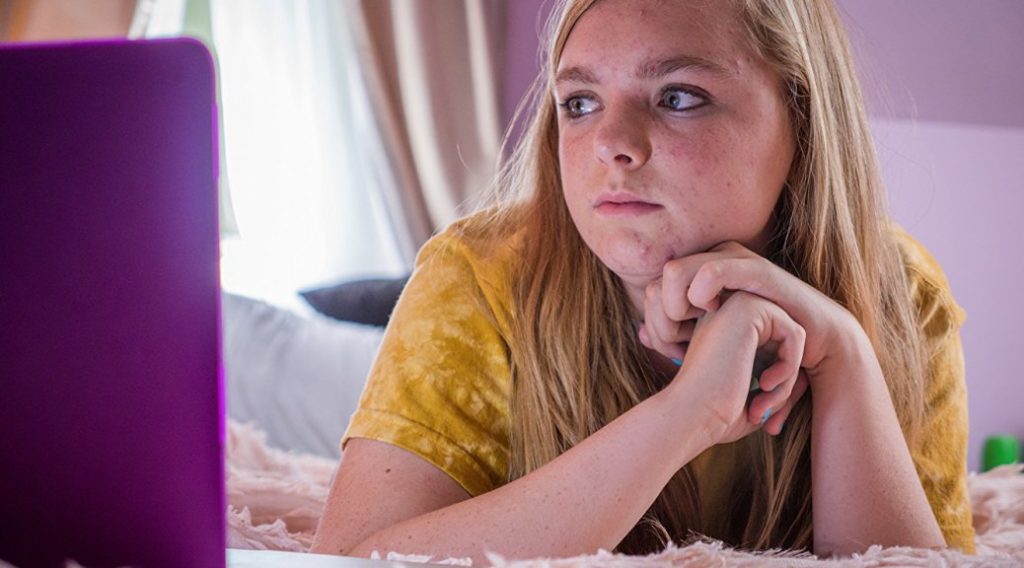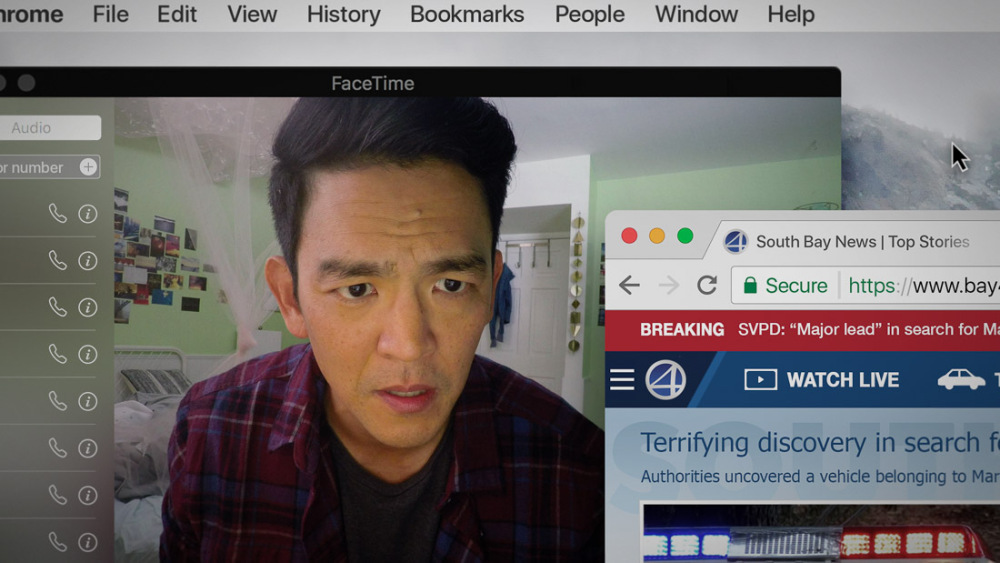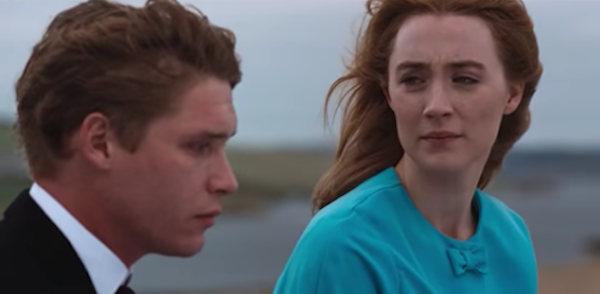Read also:
How to Watch FX Live Without CableHow To Watch AMC Without CableHow to Watch ABC Without CableHow to Watch Paramount Network Without CableNow that the 6th annual Chicago Critics Film Festival has closed, it’s time to look back on some other highlights we loved this year.
This piece was originally posted on Alcohollywood
The 6th annual Chicago Critics Film Festival has come to a close, and what a year it was! Curated by the Chicago Film Critics Association, CCFF continues to be a bastion for festival favorites and as-yet-undistributed gems that won’t get any play in theaters for weeks, if not months. To that end, Chicago’s film community owes a lot to the CFCA (and especially Music Box Theatre) for keeping this festival going.
Now that the fest has closed, it’s time to look over a few festival faves we didn’t get a chance to write about yet. From tales of awkward adolescence to genre-bending detective stories to earnest, sensitive English dramas, CCFF just kept on giving, and we can’t wait for these films to reach a wider audience.
-Clint Worthington
Editor

EIGHTH GRADE (dir. Bo Burnham)
Closing CCFF this year with a teen coming-of-age story is a big risk – even when done well, the indie-movie teen dramedy has been done to death. But in the hands of stand-up comedian extraordinaire Bo Burnham, you can come away with something not just innovative and new, but deeply, surprisingly affecting. That’s what you get with his directorial debut Eighth Grade, an understatedly revolutionary film that perfectly captures the anxiety of preteen-hood in formally audacious ways.
Being a middle-schooler is hard; being a middle-school girl who’s not stick-thin and conventionally attractive is harder. For Kayla (Elsie Fisher), a pimply young pre-teen in the age of Instagram, Snapchat and active shooter drills, it’s positively torture. Right out of the gate, Burnham shows a brilliant command of film language, capturing the insecurity of Kayla’s world with Kubrickian zooms and blaringly loud music to convey just how overwhelming school social circles can be.
But, as Burnham himself will tell you in Q&As, his greatest triumph is discovering young Elsie Fisher, who gives an achingly vulnerable, honest, breakthrough performance as Kayla. Without skipping a beat, Fisher infuses Kayla with a gangly awkwardness and half-committed performance of coolness and wisdom that’s just mesmerizing to watch. Even as you feel yourself laughing at her naivete and occasional brattiness with her well-meaning dad (Josh Hamilton, who gets a beautiful heart-to-heart on par with Stuhlbarg’s in Call Me By Your Name), it’s impossible not to root for her to find her confidence.
Eighth Grade feels like a reflection of the greatest things about Burnham’s stand-up: it’s dark, cynical and occasionally provocative, but there’s an essential sweetness in there that shines through. And it’s one of the best films of the year.
-Clint Worthington

SEARCHING (dir. Aneesh Chaganty)
While found-footage films like Unfriended and Open Windows are becoming a subgenre unto themselves, no one has really cracked the code of how to tell a gripping, complete story through the almost ARG-like combination of Internet media the format demands. Searching, the feature debut of Aneesh Chaganty (previously known for his short film “Seeds,” which was filmed entirely via Google Glass), may have just cracked the code – a compelling Hitchcockian thriller about a widowed father (John Cho) using technology to look for his missing daughter. Of course, the audience views this journey entirely through laptop screens, news footage, smartphones, and the other interconnected devices we use to organize our lives.
Like all great mysteries, Searching keeps its twists and turns centered in people we care about, Chaganty (and co-writer/producer Sev Ohanian) mining their screens-only conceit to efficiently convey information not only about the search itself, but of the characters at its heart. Cho’s character isn’t just playing detective to look for his daughter; through hacking her email and looking through old livestreams, Searching occasionally becomes a family drama about the rift between a father and daughter in the wake of unspeakable tragedy. The film’s opening minutes, which basically play like a Google commercial version of the opening of Up, lays a lot of needed groundwork to humanize people its audience will follow through a dozen layers of technological artifice.
When it has to get down to business and become a mystery/thriller, though, Searching fires on all cylinders. The screen-centric format allows the viewer to play detective right along with Cho, the reams of emails and text messages and other cyber-clues in the periphery making for a strangely interactive experience. Maybe Chaganty’s greatest skill as a filmmaker here is that he doesn’t feel hindered by these restrictions – despite its unconventional approach, it never feels less than an expertly made thriller.
–Clint Worthington

ON CHESIL BEACH (dir. Dominic Cooke)
Adapted by Ian McEwan from his novel of the same name and directed by Dominic Cooke, On Chesil Beach delves deep into questions of intimacy and memory, and our inability (or unwillingness) to know our own desires.
Set in 1960s England, On Chesil Beach tells the story of Florence and Edward (played by Saoirse Ronan and Billy Howle respectively) two newlyweds of different social classes, as they spend their first night as man and wife in a hotel by Chesil Beach. The narratives switches between their preparation for the consummation of their marriage, and their memories of their childhood, meeting, and courtship. At first, the couple seem at ease together, but when sexual incompatibility leads to a premature ending of their first sexual experience, the couple begins to break down.
It would be easy to make a dull movie out of such a simple plot, but On Chesil Beach is enthralling. Part of this is due to McEwan’s fantastic script, which knows when to switch from past to (the characters’) present at just the right moment to keep the momentum going.
As good as the script is, a film like this really hinges on the actors’ performances, and Ronan and Howle fill their roles with nuance and intensity. Ronan plays Florence as an unsure young woman, who switches between joy, nervousness, and self-loathing effortlessly. The supporting cast is also stellar, especially Anne-Marie Duff, who plays Edward’s brain damaged mother, and Samuel West, who plays Florence’s increasingly sinister father.
On Chesil Beach is a strong debut feature from Cooke, and more proof that Ronan is a movie star of the highest order – especially in simple, vulnerable period pieces like this and Brooklyn (for which she was given a Best Actress Oscar nomination).
-Marshall Estes